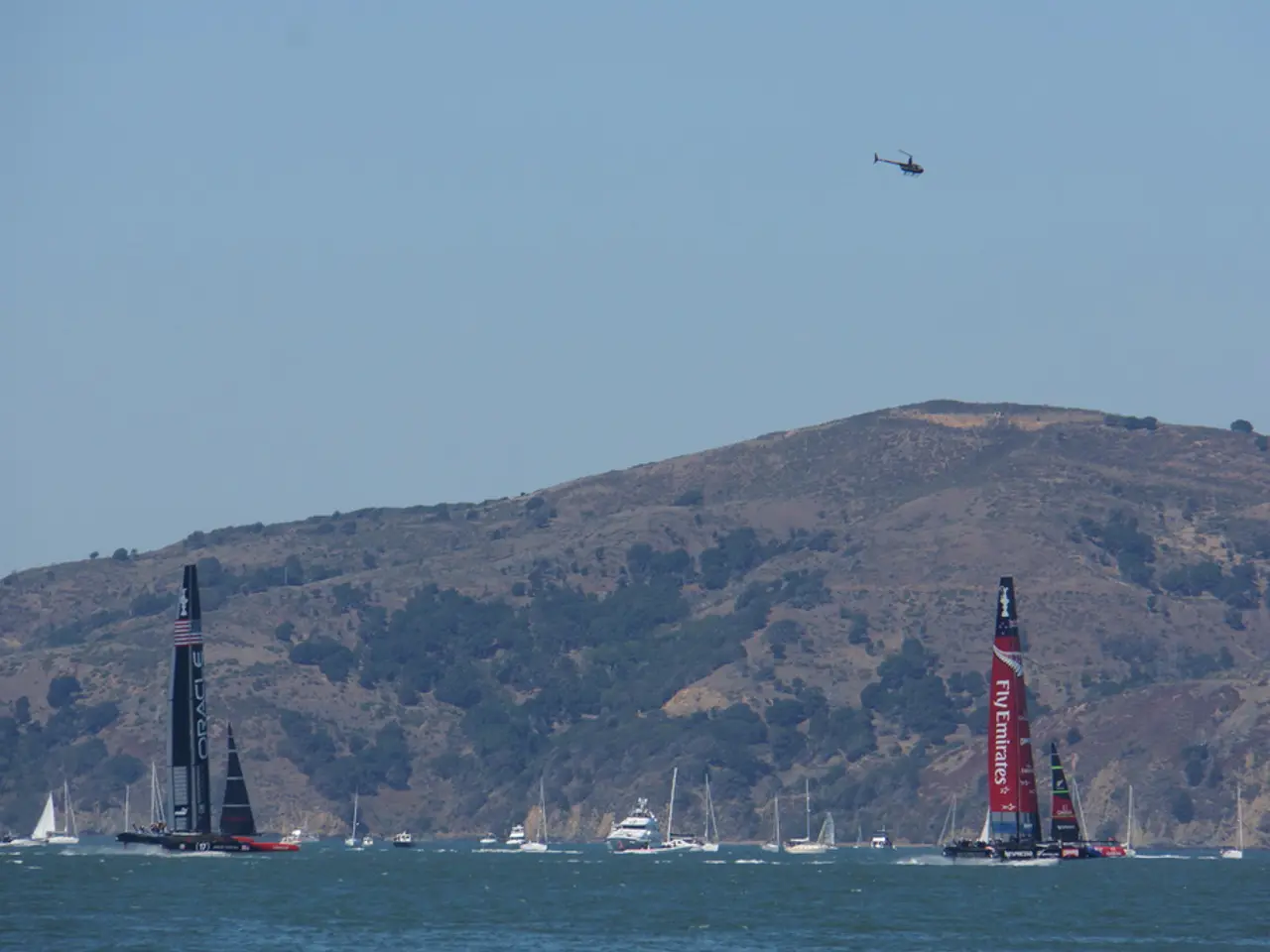Beaches in six Turkish provinces are shut down due to hazardous rip currents and strong winds.
In early August 2025, several beaches along the Black Sea coast in Istanbul and nearby provinces in Turkey have been closed due to hazardous sea conditions caused by strong winds, high waves, and rip currents.
The closures affect mainly shores in Beykoz, Sarıyer, Çatalca, Eyüpsultan, and Arnavutköy districts of Istanbul, where swimming bans are in place until specified dates. Kısırkaya Beach in Beykoz and Sarıyer, Çatalca, and Eyüpsultan are closed until August 10 and August 9, respectively. The exact dates for Arnavutköy's restrictions are not specified but are implied to be around early August.
These closures are due to the presence of strong rip currents, which can overpower swimmers, even those with professional experience. Rip currents occur when waves break over sandbanks and return to sea through deeper channels. They are strong flows moving from shallow water toward deeper areas, often forming in coastal zones with sandbars and channels.
To warn beachgoers about the dangers of rip currents, the Turkish Disaster and Emergency Management Authority (AFAD) has issued warnings along the Turkish coastlines.
Furthermore, Tekirdag's Marmaraereglisi, Sarkoy, and Suleymanpasa districts, Kirklareli's Vize district, Kocaeli's Kandira district, and Sakarya's Karasu, Kocaali, and Kaynarca districts have also enforced restrictions due to dangerous waves and rip currents. Swimming is currently banned along the entire Akcakoca coastline in Duzce, with lifeguards raising red flags to warn beachgoers against entering the sea.
Despite these closures, popular beaches like those in Antalya and Mediterranean parts remain open. There is also no indication of elevated bacteria levels or closures in unrelated Turkey Point beaches outside Turkey.
In summary, the closed beaches due to dangerous sea conditions in Turkey in August 2025 are mainly Black Sea beaches within Istanbul's Beykoz, Sarıyer, Çatalca, Eyüpsultan, and Arnavutköy districts because of rip currents and strong winds. Beachgoers are advised to heed the warnings and exercise caution when visiting the coast during these conditions.
Scientists monitoring Environmental-Science data in Istanbul, Turkey, may record increased wind speeds and wave heights in the Black Sea, as a result of the hazardous weather conditions affecting beaches. Researchers studying the area might find it interesting to investigate the impact these weather patterns have on Turkey's coastal ecosystems, as they persist until specified dates in various districts.








